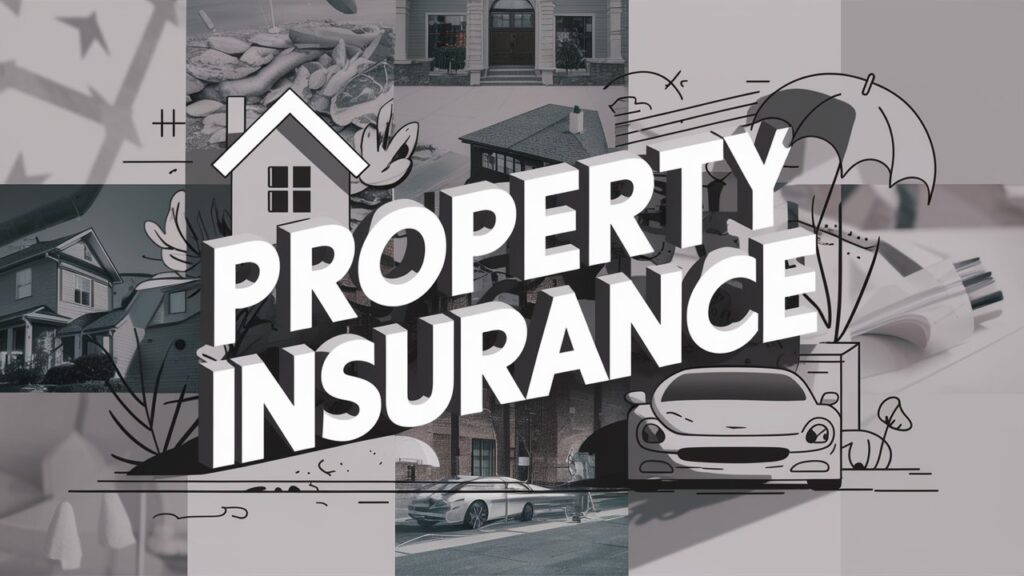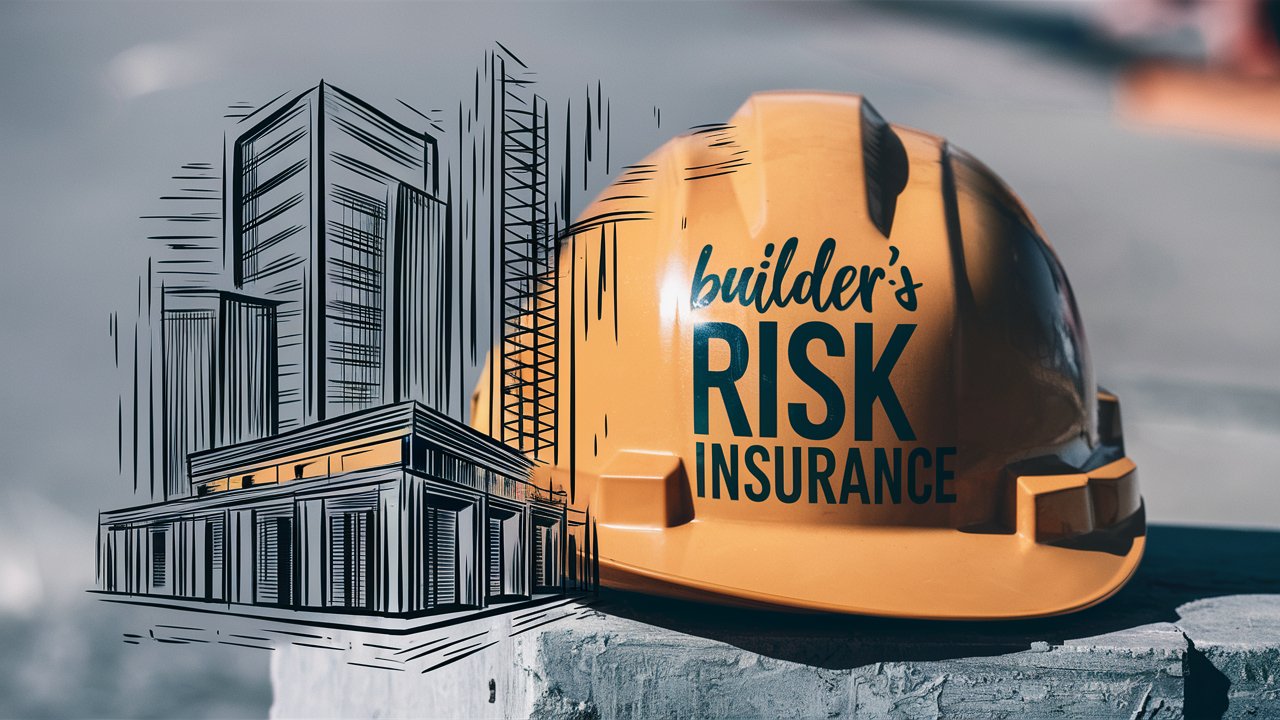Property insurance shields your assets from unexpected disasters, providing financial protection against damages like fire, theft, and natural calamities. Whether you own a home or manage a business, understanding the nuances of property insurance ensures you’re covered when it matters most.
Introduction
It is a vital financial safeguard for individuals and businesses alike, offering protection against unforeseen events that could damage or destroy physical assets. Whether you own a home, rent an apartment, manage a commercial building, or operate a business, It provides peace of mind by covering losses due to fire, theft, natural disasters, and other perils. In this comprehensive guide, we delve into the intricacies of property insurance, exploring its types, benefits, considerations, and how to choose the right coverage for your needs.
Understanding Property Insurance
It encompasses various policies designed to protect tangible assets from risks that could lead to financial loss. These assets can range from personal belongings and residential homes to commercial properties and industrial facilities. The primary objective of property insurance is to mitigate the financial impact of unexpected events, ensuring that policyholders can recover and rebuild without facing overwhelming expenses.
Types of Property Insurance Coverage
Homeowners Insurance
Homeowners insurance provides coverage for both property damage and liability in the event of accidents that occur on the property. It typically includes protection against hazards such as fire, theft, vandalism, and certain natural disasters like hurricanes or earthquakes, depending on the policy’s terms and geographic location.
Renters Insurance
Renters insurance is tailored for tenants who lease residential properties. It covers personal belongings against risks similar to homeowners insurance but does not typically include structural coverage since the landlord’s insurance usually covers the building itself.

Commercial Property Insurance
Businesses require specialized coverage to protect their physical assets, including buildings, equipment, inventory, and furniture. Commercial property insurance policies can be tailored to specific industries and risks, ensuring comprehensive protection against business interruptions and property damage.
Flood Insurance
Standard property insurance policies often exclude coverage for flood damage. Flood insurance is a separate policy offered through the National Flood Insurance Program (NFIP) or private insurers, providing compensation for property damage caused by flooding.
Earthquake Insurance
Similar to flood insurance, earthquake insurance is a separate policy that covers damage to property resulting from seismic activity. This coverage is crucial in regions prone to earthquakes where standard property insurance policies do not include earthquake damage.
Benefits of Property Insurance
- Financial Protection
It shields policyholders from bearing the full financial burden of repairing or replacing damaged assets, reducing out-of-pocket expenses and potential financial distress.
- Risk Management
By transferring the risk of property damage to an insurance provider, individuals and businesses can focus on their core activities without the constant worry of unforeseen disasters.
- Compliance and Security
Mortgage lenders and landlords often require property insurance as a condition of financing or leasing agreements, ensuring compliance and providing security for all parties involved.
Factors Influencing Property Insurance Costs
Several factors influence the cost of property insurance premiums,
- Location
Geographic risks such as crime rates, weather patterns, and proximity to bodies of water or fault lines impact insurance premiums.
- Property Value and Type
The value of the property and its construction type (e.g., wood frame vs. concrete) affect insurance costs, as higher-value properties or those more susceptible to damage may require higher coverage limits.

- Claims History
A history of previous claims on the property can increase premiums, reflecting the perceived risk of future claims.
- Deductibles and Coverage Limits
Higher deductibles and coverage limits typically result in lower premiums, while comprehensive coverage options may increase costs.
Choosing the Right Property Insurance Coverage
When selecting property insurance coverage, consider the following tips,
- Assess Your Needs
Evaluate the value of your property, potential risks, and coverage requirements based on your financial situation and location.
- Compare Policies
Obtain quotes from multiple insurers to compare coverage options, deductibles, limits, and exclusions.
- Understand Policy Terms
Read and understand the terms and conditions of each policy to ensure it meets your expectations and provides adequate coverage for your assets.
Conclusion
Property insurance serves as a critical financial tool for protecting valuable assets against unforeseen events that could otherwise lead to significant financial losses. Whether you own a home, rent an apartment, or operate a business, securing the right property insurance coverage ensures peace of mind and financial security in the face of adversity. By understanding the types of coverage available, assessing your specific needs, and comparing policies from reputable insurers, you can make informed decisions to safeguard your property and livelihood effectively. Embrace the security that property insurance offers and prepare yourself for whatever challenges may arise, knowing that you have a reliable safety net to rely on.
In conclusion, property insurance is not just a financial investment but a strategic decision to protect what matters most. By taking proactive steps to secure adequate coverage, individuals and businesses alike can mitigate risks and navigate uncertainties with confidence, ensuring resilience and stability in an unpredictable world.
For more details please visit our home page: Click Here

